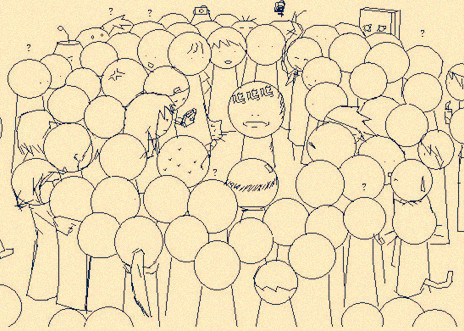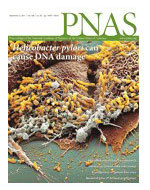
Why does a person feel pressured by a large audience, and even make some low-level mistakes? According to American media reports on September 6, the latest research from the University of Southern California explained why a person is stared at by relatives, friends or audience from the perspective of brain physiological basis. When watching, he often makes mistakes that he will never make when he is alone. The research paper was published in the Proceedings of the National Academy of Sciences published this month.

New research has found that in a social environment, the human brain places more emphasis on victory than when it is alone. A multinational research team led by Giorgio Creselli, the University of Southern California ’s Dornsf School of Literature, Arts and Sciences, conducted brain tests on people participating in the prize game and checked their participation in the game, the compensation mechanism and Social rationality related brain activity. It was found that when the participants defeated opponents of comparable strength in the prize game, the areas of their brains related to the compensation mechanism-the striatum showed higher activity, which was won by playing alone. At the time, the situation is quite different; and the brain area related to social reason-the medial frontal cortex also appears more active.
"This shows that the brain has the ability to perceive social signals, and can encode such signals to make them more prominent, and then use these signals to guide the next behavior to achieve the optimization of future behavior." Keli Seli explained, On the one hand, participants win in the social environment, which may be accompanied by more risks, causing them to encounter more competition in subsequent games; on the other hand, the compensation mechanism in the group environment tends to let "winners get everything", which is in The spouse competition concerning the reproduction of the offspring is especially obvious, as legendary racing driver Dell Enhart famously said: the second place is only the first loser.
"There is also a strong stimulus mechanism in the animal world, which drives individuals to climb to the top of their social class. The dominant animals will use their status to defend their privileges to obtain resources, such as food and spouses." Creselli said But, no matter what, when a person is in a group, the reward he gets is always greater than the risk. In a private environment, especially where there is no social network support, mistakes are more likely to threaten life, and a failed gambling may lead to disaster. (Bioon.com)

doi: 10.1073 / pnas.1100892108
PMC:
PMID:
Medial prefrontal cortex and striatum mediate the influence of social comparison on the decision process
Nadège Bault, Mateus Joffily, Aldo Rustichini, and Giorgio Coricelli
We compared private and social decision making to investigate the neural underpinnings of the effect of social comparison on risky choices. We measured brain activity using functional MRI while participants chose between two lotteries: in the private condition, they observed the outcome of the unchosen lottery, and in the social condition, the outcome of the lottery chosen by another person. The striatum, a reward-related brain structure, showed higher activity when participants won more than their counterpart (social gains) compared with winning in isolation and lower activity when they won less than their counterpart (social loss) compared with private loss. The medial prefrontal cortex, implicated in social reasoning, was more activated by social gains than all other events. Sensitivity to social gains influenced both brain activity and behavior during subsequent choices. Specific , striatal activity associated with social gains predicted medial prefrontal cortex activity during social choices, and experienced social gains induced more risky and competitive behavior in later trials. These results show that interplay between reward and social reasoning networks mediates the influence of social comparison on the decision process.
Climbing Support Net,Planting Support Net,Plastic Plant Support Net,Polyester Plant Grid
Changzhou MD International Trade Co., Ltd. , https://www.mdgarden.com
![<?echo $_SERVER['SERVER_NAME'];?>](/template/twentyseventeen/skin/images/header.jpg)